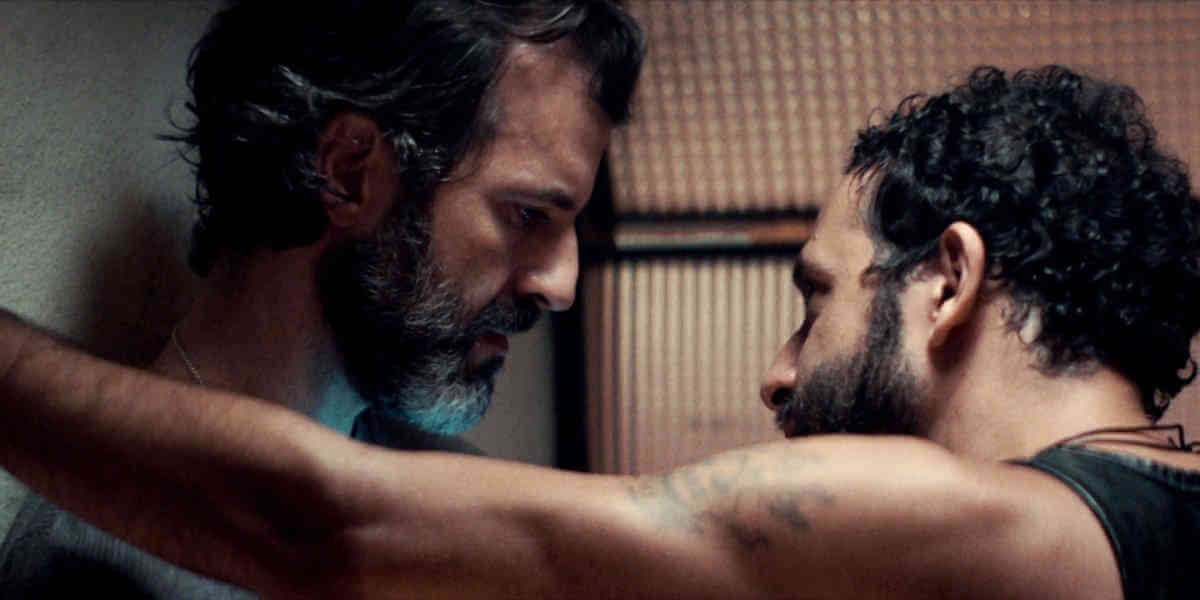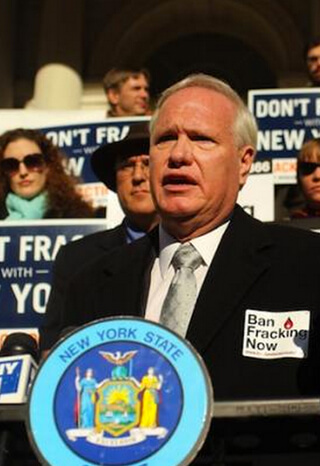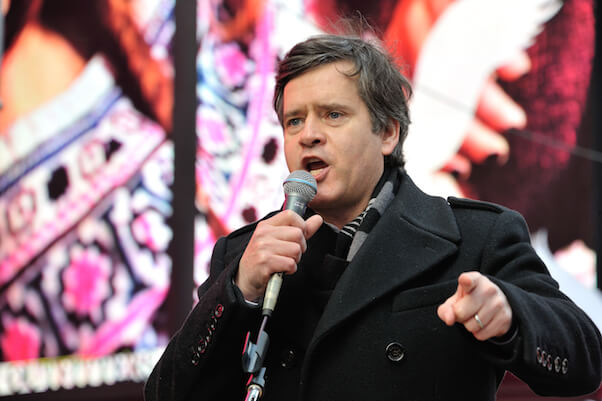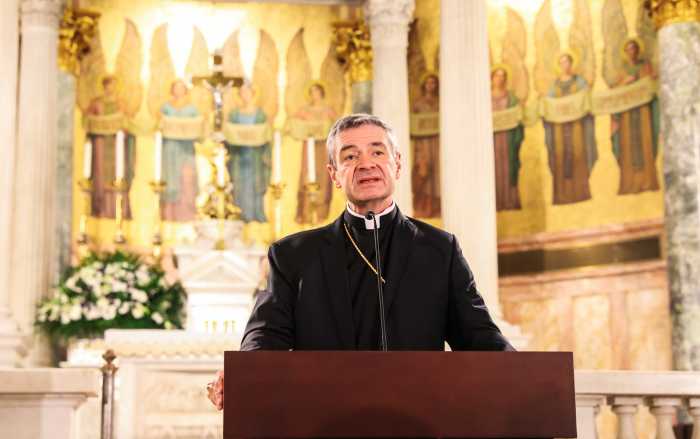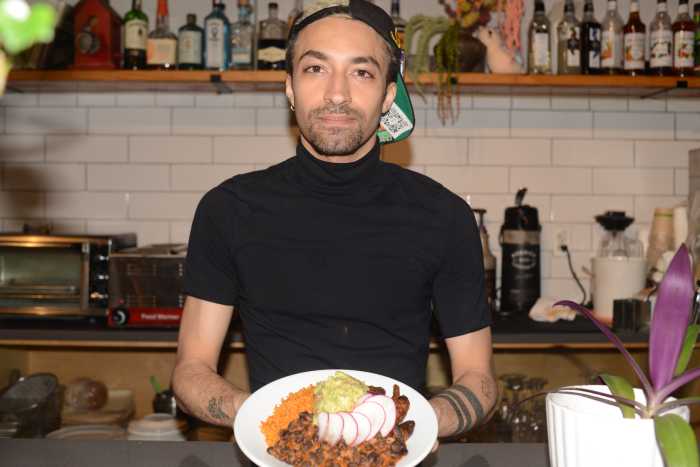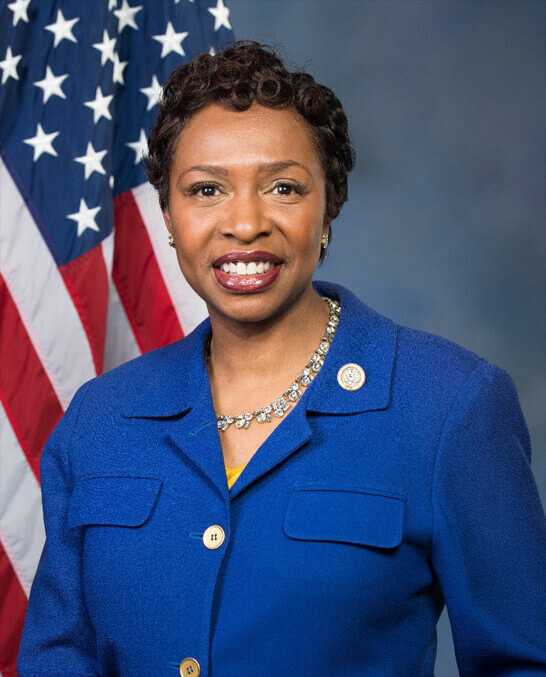“Temblores” (“Tremors”) is an outstanding Guatemalan drama by out gay filmmaker Jayro Bustamante. Pablo (Juan Pablo Olyslager), an upper class, evangelical, married father of two leaves his family for his lover, Francisco (Mauricio Armas). The ripples of his coming out create the tremors of the title as Pablo loses his job and is cut off from his kids. He also brings shame on his family.
Pablo quickly learns the harsh lesson that he cannot have his family and his lover — society just won’t allow it. What is more, he undergoes a form of conversion therapy to change his ways.
“Temblores” is a quietly powerful film buoyed by Olyslager’s remarkable, internal performance. In a recent Skype interview, the actor talked about homosexuality, which he described as “the big pink elephant in the room called Guatemala.”
He said, “Many people find it uncomfortable to talk about it even though they have relatives who are gay and know gay people. It’s a deeply religious and conservative country, but it’s still a touchy subject here.”
Olyslager explained how Guatemala lags behind other countries when it comes to gay rights and LGBTQ visibility.
“There is not a law that doesn’t protect the gay community but there is not a law that protects it,” he said. “There was a pro-familia law that recognized traditional marriage that right-wing groups were advocating, but it did not pass. Homosexuals are not protected. You could be fired easily from a job if someone finds out you are gay.”
Pablo learns this in the film, as well as that some folks equate his sexuality with pedophilia — something that happens in Guatemalan society because of fear.
Bustamante deliberately shot the film with what Olyslager described as “the texture of the 1970s,” so as to portray a backward society in modern times. Still the actor acknowledged that attitudes toward homosexuality in Guatemala are changing.
“I see a glimmer of hope with new generations that are being brought up differently — not by their parents, but by access to information,” Olyslager said. “For some people, it’s a desirable thing to have a country where you have diversity. It also depends on one’s social circle. Artists are more tolerant than businesspeople or religious groups.”
Religion is very important in “Temblores,” and Olyslager emphasized that Bustamante was not interested in attacking any specific religion.
“It’s more about dogma,” he said.
Pablo was a religious man because of his upbringing. He starts doubting religion after he meets Francisco. The actor filled in the lovers’ backstory, explaining that the men met long before the film starts.
“Pablo was attracted to Francisco’s gutsiness and that he’s free,” Olyslager noted. “Opposites attract. That’s what Pablo saw in him.”
Several scenes emphasize the loving relationship between Pablo and Francisco. A breakfast the two men share in a market is tender in part because here the wealthy Pablo finds a safe space dominated by lower social classes — he feels liberated because no one knows who he is.
In the film’s opening moments, Bustamante sets Pablo in the claustrophobic hothouse atmosphere of his family’s opulent home, contrasting that with the warmth of a crowded bar where he greets Francisco. When he moves out of his home to a modest apartment, Pablo is much happier.
But as his life changes, Pablo faces some reckonings. How he processes what happens to him allows Olyslager to shine, his expressive performance conveying the depths of his character’s despair as he bravely pursues a life he can’t have.
“Pablo comes from a wealthy conservative family and is expected to meet someone from good social class, marry, have kids, and die,” Olyslager explained. “With Francisco, he has found something he wanted. He wanted to experience the gay scene without being judged in Guatemala. What Pablo wanted was to be with Francisco and have a relationship with his kids and work life. But I think he is naïve that all that could coexist. So, he starts crashing into this wall. In the end, Pablo had to make a choice.”
That choice has Pablo entering into a conversion therapy program that humbles him.
“He’s resigned, and he believes what the pastor is saying — maybe they are right and I have to go through this,” Olyslager said of his character’s thinking. “Pablo has faith in conversion therapy and expects to get something out of it — either clarity about his sexuality or a cure. When people are in serious trouble emotionally, they are willing to believe anything just to feel better. So, Pablo could believe that the therapy was going to work.”
The actor, however, sees conversion therapy — which he first learned about making “Temblores” — as an insidious practice.
“The founders of these groups often go back to who they are; they fail, themselves,” he noted. “There are many programs, and they do their work in a silent manner.”
Bustamante’s film shows the consequences of religious righteousness. If “Temblores” offers hope for people like Pablo, it also shows that there remains a price to be paid in the Guatemala of today.
TEMBLORES | Directed by Jayro Bustamante | In Spanish, with English subtitlers | Film Movement | Opens Nov. 29 | Quad Cinema, 34 W. 13th St. | quadcinema.com

